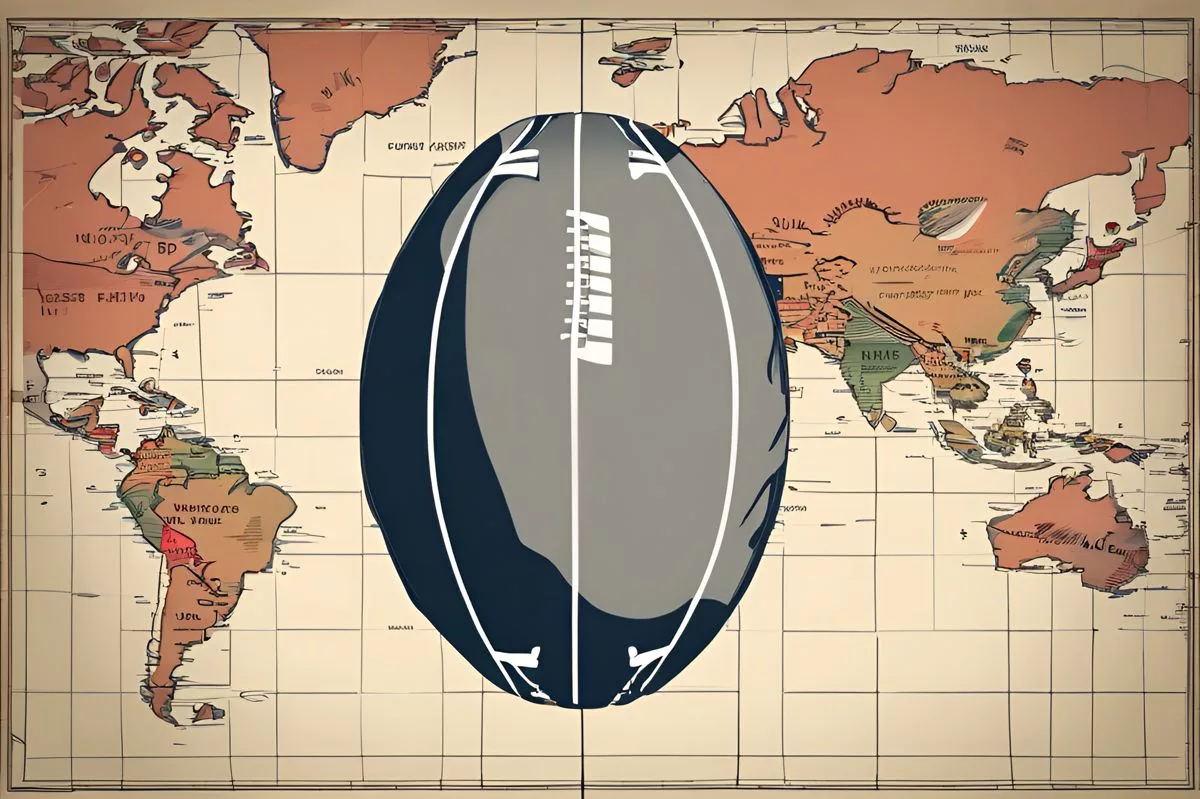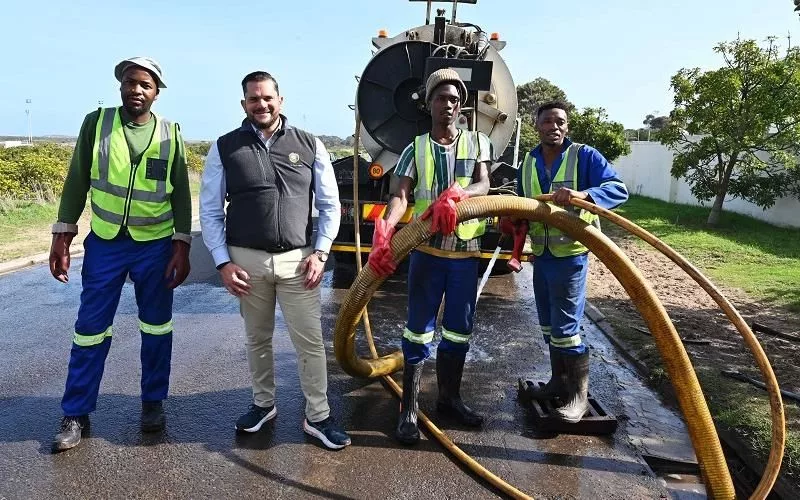Rugby’s epicenter has shifted from the southern hemisphere to the northern hemisphere in the past decade due to the financial capabilities of Europe’s elite leagues. Super Rugby has witnessed a decline in enthusiasm and talent drain to wealthier northern leagues such as Top 14 and Japan Rugby League One. South Africa’s decision to part ways with SANZAAR in favor of the United Rugby Championship has also impacted Super Rugby’s future relevance within the sport. Major League Rugby offers potential to players who cannot compete in Super Rugby or European leagues.
The global rugby scene has shifted its focus toward the northern hemisphere in the past decade due to the financial capabilities of Europe’s elite leagues. The southern hemisphere’s premier club competition, Super Rugby, has witnessed a decline in enthusiasm over the years, losing talent to wealthier northern leagues such as Top 14 and Japan Rugby League One. South Africa’s decision to part ways with SANZAAR in favor of the United Rugby Championship has also impacted Super Rugby’s future relevance within the sport. Major League Rugby offers potential to players who cannot compete in Super Rugby or European leagues.
The global rugby scene has undergone a substantial transformation in the past decade, with teams and players increasingly shifting their focus toward the northern hemisphere. This alteration has been primarily driven by the robust financial capabilities of Europe’s elite leagues and their capacity to attract the crème de la crème of rugby talent. Ma’a Nonu, the revered All Blacks icon, recently shed light on this shift, offering an in-depth look at the altering canvas of the game.
Rugby’s Shifting Epicenter
Once the pinnacle of rugby glory, Super Rugby — the southern hemisphere’s premier club competition — has witnessed a steady decline in enthusiasm over the years. Financially, it now pales in comparison to the likes of the Top 14 and Japan Rugby League One, resulting in a talent drain from New Zealand and Australia to the wealthier north.
Nonu, in his conversation on the Kick Offs and Kick Ons podcast, highlighted how Super Rugby is progressively losing ground to its European counterparts. He stated, “I think the Top 14 outdoes Super Rugby by two notches.” He added, “Super Rugby still provides good gameplay because it houses Australian and Kiwi players, but it lacks exposure to players from other countries.”
Impact on Super Rugby
The beginning of the decade saw a mass exodus of South African teams, dealing a significant blow to Super Rugby. The Bulls, Lions, Sharks, and Stormers made a successful transition to the United Rugby Championship (URC), a move that has proven to be a windfall for South African rugby. The rebranded URC, previously the PRO14, has experienced a significant improvement in quality with the addition of the South African franchises.
South Africa’s decision to part ways with SANZAAR, the body governing Super Rugby, has been applauded as a triumphant move. Nonu attested to this, stating, “South Africa has struck gold,” and pointed to the Stormers’ victory in the URC during their debut year as evidence. He also suggested that this move places considerable strain on the future relevance of Super Rugby within the sport.
However, Nonu’s critique of Super Rugby shouldn’t overshadow the fact that the league still harbors fierce competition and is home to a host of talented Australian and Kiwi players. Nonu believes the problem doesn’t lie in the skill set, but in the lack of opportunities provided to players from other nations.
The Emergence of Major League Rugby
Nonu didn’t limit his views to the major leagues; he also shared his thoughts about Major League Rugby (MLR), a competition he recently joined by extending his contract with San Diego Legion for the 2024 MLR season. Nonu’s frank assessment positioned MLR at the lowest rung among the world’s top rugby leagues. Despite this, he acknowledged the league’s nascent stage and the potential it offers to players who can’t compete in Super Rugby or European leagues.
The Current Global Rugby Landscape
In summary, Nonu’s examination of the global rugby landscape emphasizes the shifting dynamics of the game. Backed by financial clout and a star-studded roster, the European leagues have managed to outshine Super Rugby, enticing southern hemisphere talents toward the north. Meanwhile, South Africa’s strategic realignment to the URC has proven fruitful, boosting the quality of the league. Although Super Rugby remains a strong contender, its future position in the hierarchy of rugby remains unclear amidst these changing trends.
1. Why has the global rugby scene shifted its focus toward the northern hemisphere in the past decade?
The global rugby scene has shifted its focus toward the northern hemisphere in the past decade due to the financial capabilities of Europe’s elite leagues, which can attract the best rugby talent.
2. Why has Super Rugby witnessed a decline in enthusiasm and talent drain in recent years?
Super Rugby has witnessed a decline in enthusiasm and talent drain in recent years due to the financial superiority of northern leagues such as Top 14 and Japan Rugby League One.
3. What impact has South Africa’s decision to part ways with SANZAAR had on Super Rugby?
South Africa’s decision to part ways with SANZAAR has had a significant impact on Super Rugby, with a mass exodus of South African teams dealing a significant blow to the league.
4. What is the United Rugby Championship (URC)?
The United Rugby Championship (URC) is a league that includes South African franchises and was previously known as the PRO14. It has experienced a significant improvement in quality after the addition of the South African franchises.
5. What is Major League Rugby (MLR)?
Major League Rugby (MLR) is a competition that is still in its nascent stage but offers potential to players who can’t compete in Super Rugby or European leagues.
6. What does the future of Super Rugby look like amidst changing trends?
The future position of Super Rugby in the hierarchy of rugby remains unclear amidst the changing trends, with the league still harboring fierce competition but lacking exposure to players from other countries.












